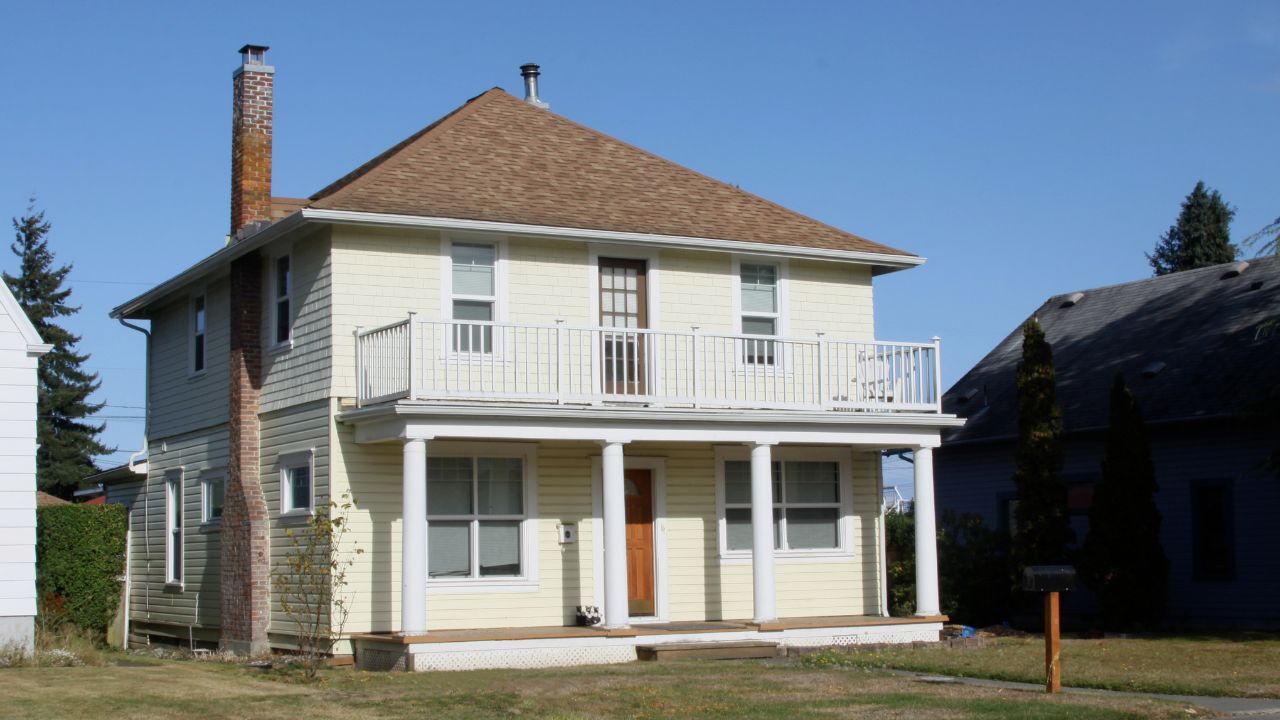 When it comes to buying a home, location is always a major factor, but for many families, the local school district carries just as much weight. Even for buyers without children, the quality of nearby schools can have a lasting impact on property values. Understanding how education and real estate are connected helps buyers make smarter decisions and recognize the long-term advantages of purchasing in a strong school district.
When it comes to buying a home, location is always a major factor, but for many families, the local school district carries just as much weight. Even for buyers without children, the quality of nearby schools can have a lasting impact on property values. Understanding how education and real estate are connected helps buyers make smarter decisions and recognize the long-term advantages of purchasing in a strong school district.
Why School Districts Matter
School districts influence both a home’s desirability and its market value. Properties located in areas with highly rated schools tend to attract more buyers, creating stronger demand and supporting higher prices. Families often prioritize these neighborhoods, even if it means paying a premium. The reputation of a school district can also help protect home values during market fluctuations, since well-rated areas tend to maintain buyer interest even in slower economies.
Evaluating School Quality
For buyers researching school districts, there are several ways to evaluate quality. Public websites and local education reports can provide information on test scores, graduation rates, and student-to-teacher ratios. Visiting schools, talking to parents, and exploring district boundaries can also give valuable insights into the community. It is important to remember that “good schools” often reflect more than just academic results—they represent safe, engaged, and well-supported neighborhoods.
The Impact on Property Prices
Homes in top-rated school districts can sell for significantly more than similar properties just outside district boundaries. This premium can be as much as ten to twenty percent, depending on the market. Buyers should consider that higher home prices may also mean higher property taxes, which help fund the schools. However, these costs often balance out through stronger resale value and long-term appreciation. For investors, purchasing in a reputable district can be a wise strategy, since demand from families tends to remain consistent.
Balancing Priorities as a Buyer
While school districts are an important consideration, they should be weighed alongside other factors such as commute times, amenities, and budget. Buyers without school-aged children may still benefit from purchasing in a desirable district, since resale potential remains strong. Working with a knowledgeable real estate agent can help you identify areas that offer both educational quality and overall value for your lifestyle.
The connection between real estate and education is clear—strong schools build strong communities. Whether you are buying for your family’s future or simply investing wisely, understanding how school districts influence property values can help you make a confident and informed decision.

 Older homes have charm, character, and architectural details that newer properties often lack. From original hardwood floors to vintage craftsmanship, they can feel timeless and full of personality. However, behind the charm can come age-related challenges that buyers should not overlook. Understanding how to budget for repairs and updates helps buyers make informed decisions and protects their investment long after closing.
Older homes have charm, character, and architectural details that newer properties often lack. From original hardwood floors to vintage craftsmanship, they can feel timeless and full of personality. However, behind the charm can come age-related challenges that buyers should not overlook. Understanding how to budget for repairs and updates helps buyers make informed decisions and protects their investment long after closing. When it comes to selling a home, first impressions matter. Home staging helps potential buyers see beyond your personal style and imagine their own lives inside the space. As real estate agent, we’ve seen how effective staging can be in turning casual lookers into serious buyers. It is not just about decorating — it’s about storytelling — creating a visual experience that allows buyers to connect emotionally with your home.
When it comes to selling a home, first impressions matter. Home staging helps potential buyers see beyond your personal style and imagine their own lives inside the space. As real estate agent, we’ve seen how effective staging can be in turning casual lookers into serious buyers. It is not just about decorating — it’s about storytelling — creating a visual experience that allows buyers to connect emotionally with your home. Selling your home can be both exciting and overwhelming. Between preparing for showings, reviewing offers, and planning a move, the process can feel like a full-time job. As real estate agents, we understand that homeowners often struggle to balance it all, especially when they are still living in the property. With the right strategies and mindset, it is possible to stay organized, reduce stress, and make the experience smoother from start to finish.
Selling your home can be both exciting and overwhelming. Between preparing for showings, reviewing offers, and planning a move, the process can feel like a full-time job. As real estate agents, we understand that homeowners often struggle to balance it all, especially when they are still living in the property. With the right strategies and mindset, it is possible to stay organized, reduce stress, and make the experience smoother from start to finish. Today, we honor the brave men and women who have served our country with courage, strength, and selflessness. Your service allows us to enjoy the freedoms that make home and community possible.
Today, we honor the brave men and women who have served our country with courage, strength, and selflessness. Your service allows us to enjoy the freedoms that make home and community possible.